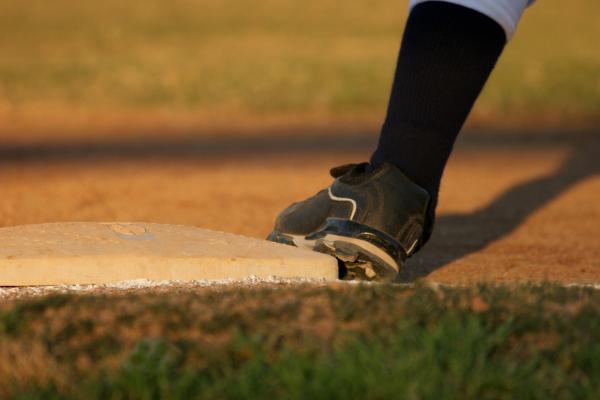WE ARE A baseball family, with our two boys playing on many teams over the years with multiracial teammates, coaches, and leadership in the organizations shaping those programs. I have long been a Little League baseball coach, and my wife, Joy, has been commissioner at every level too.
In baseball, talent and teamwork are the metrics and measuring sticks, not the race of one’s teammates. For both of my boys, their teammates are their closest friends.
Being a Little League coach (for 11 years and 22 seasons!) has given me a place to reflect on our nation’s racial issues. Playing baseball brings you closer together. My son Luke often says his high school teammates are the best friends he’s ever had, and at every level of Little League, my players always testify in our final team meeting of the season how they have become such close friends. Being teammates really does help overcome racial bias and prejudice, because it is the issue of proximity that finally helps human beings understand one another and learn empathy. On Little League teams we are all cheering for one another, looking out for one another, picking one another up when we fall down or make a mistake, and learning to be positive as we work together for our common goals.
One of the best things to watch over the course of a season is how, across racial lines, the parents of players become friends as well. It is especially interesting to see how the conversation topics develop over time, moving from “just baseball” to school and future, to work and family, to sharing of life experiences, and even to national events, which sometimes includes race. What becomes clear is that we all care more about our children and their future than anything else, and beginning to talk about our kids’ futures together can be a very powerful moment.
Read the Full Article

